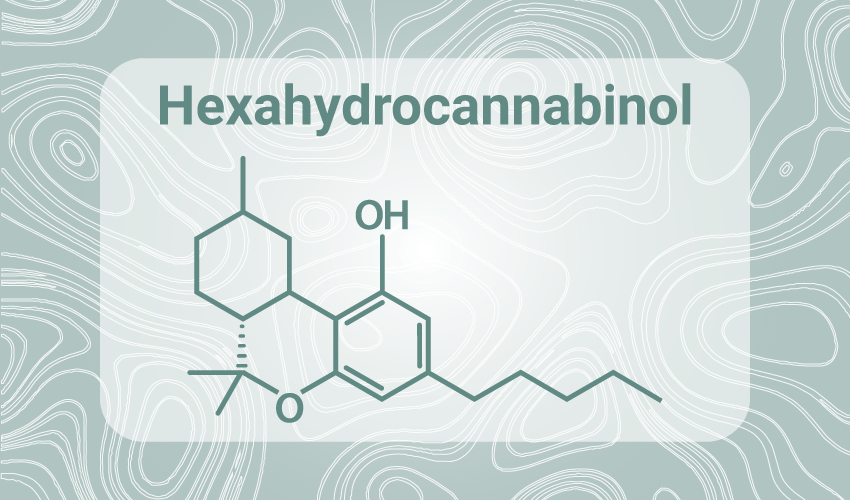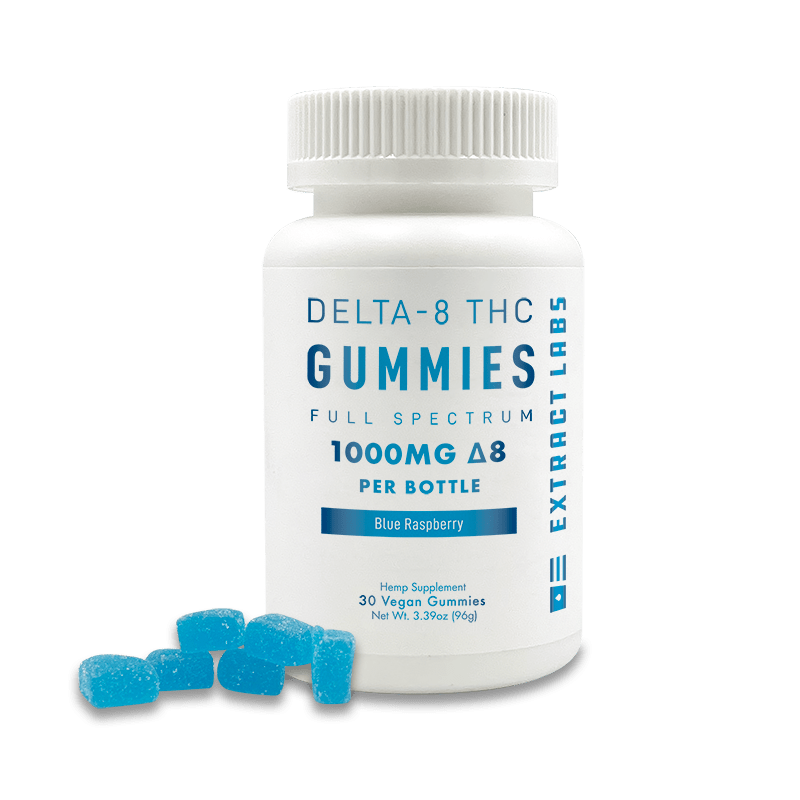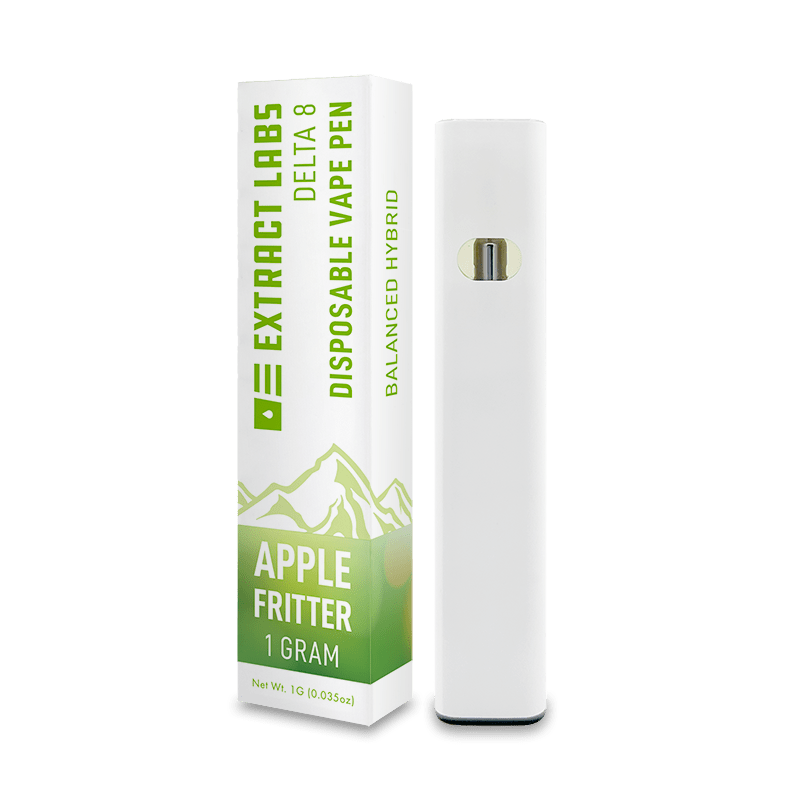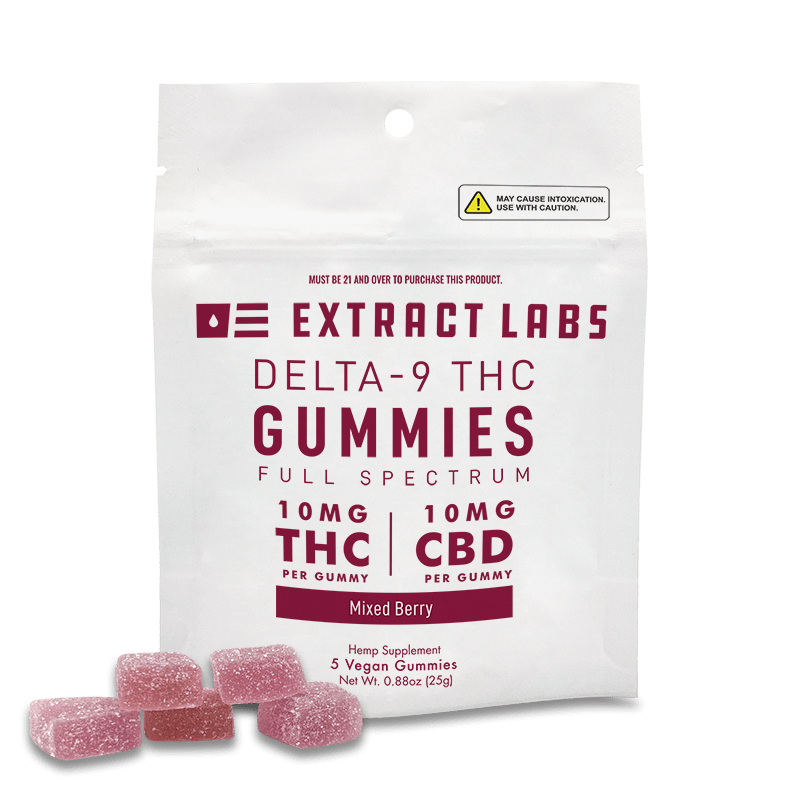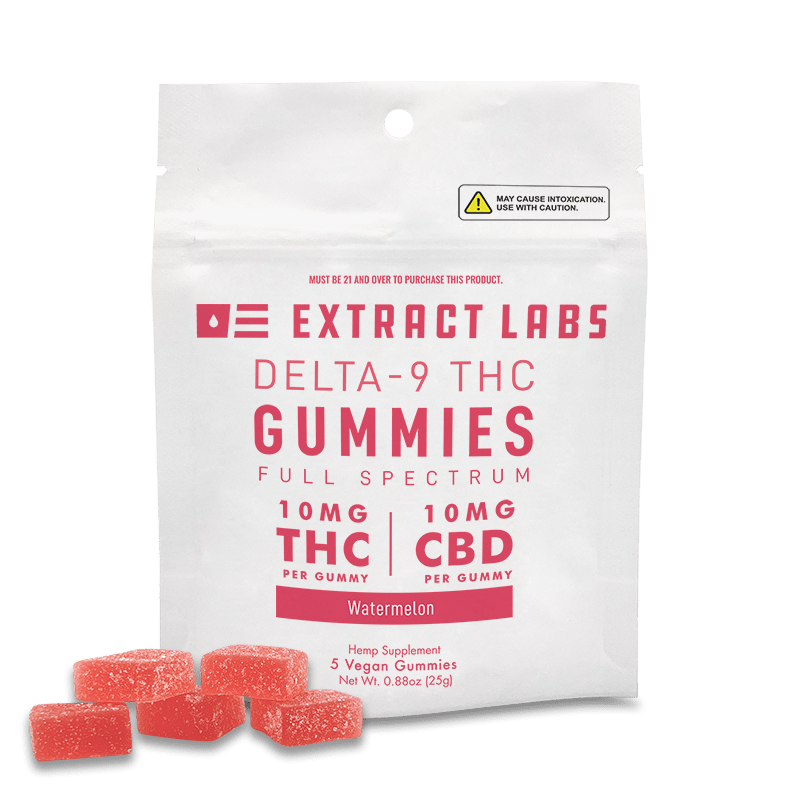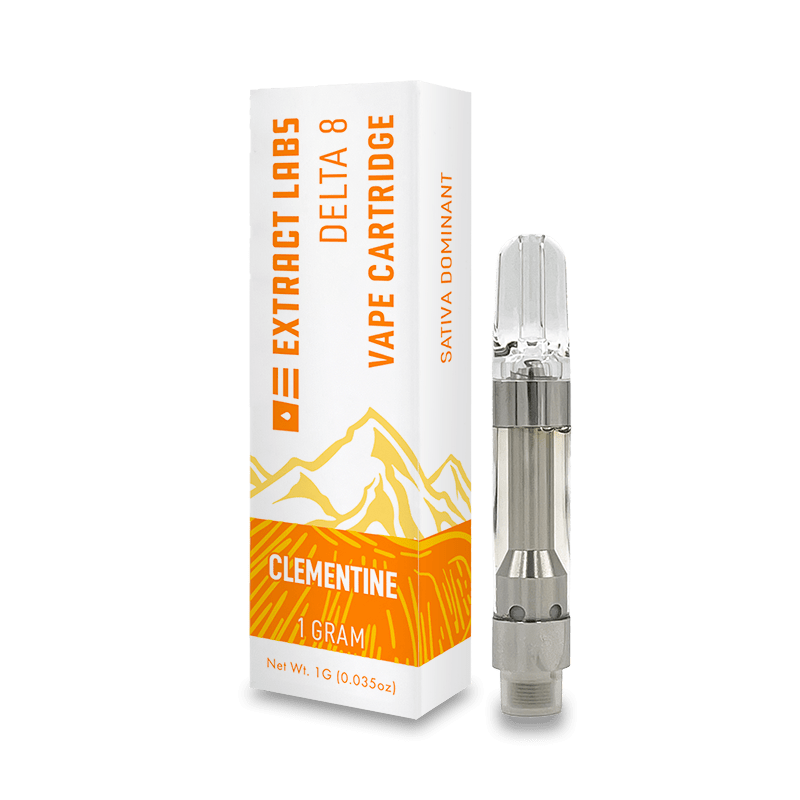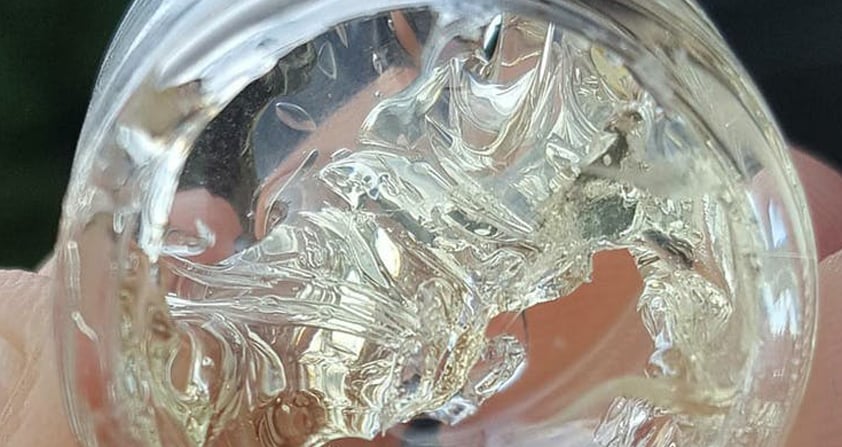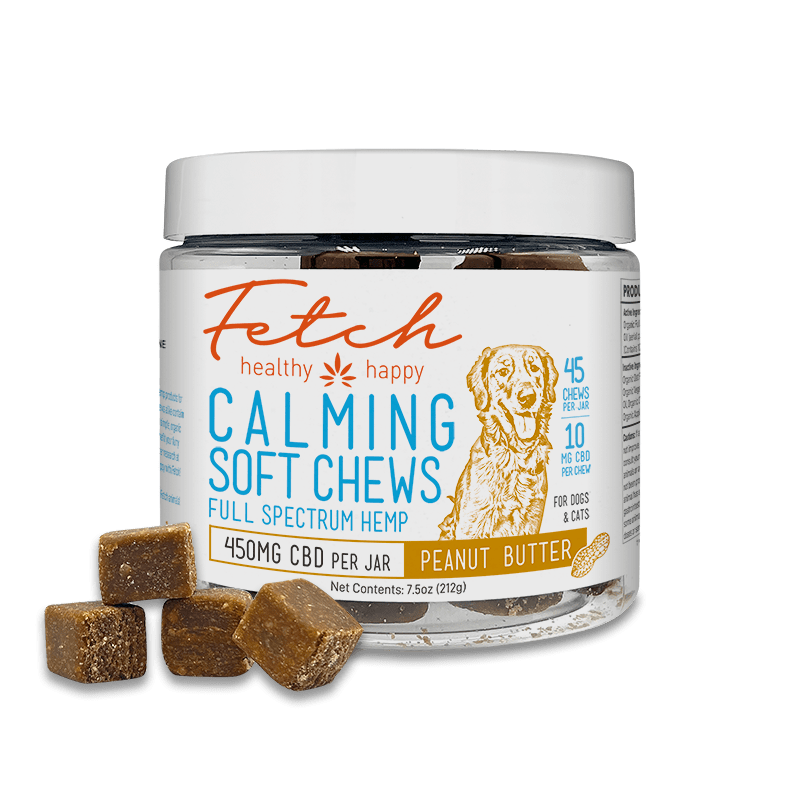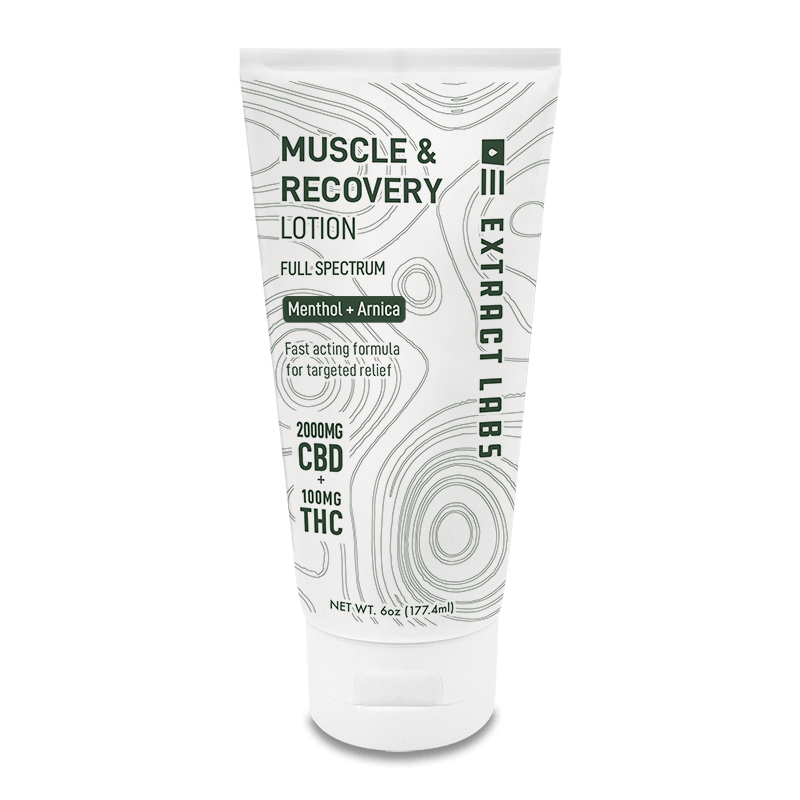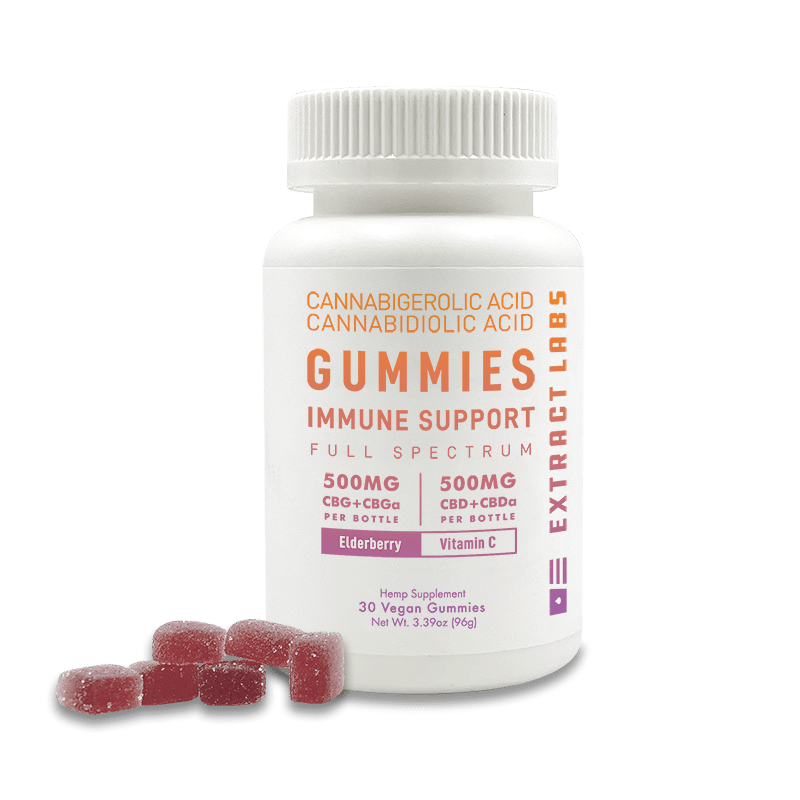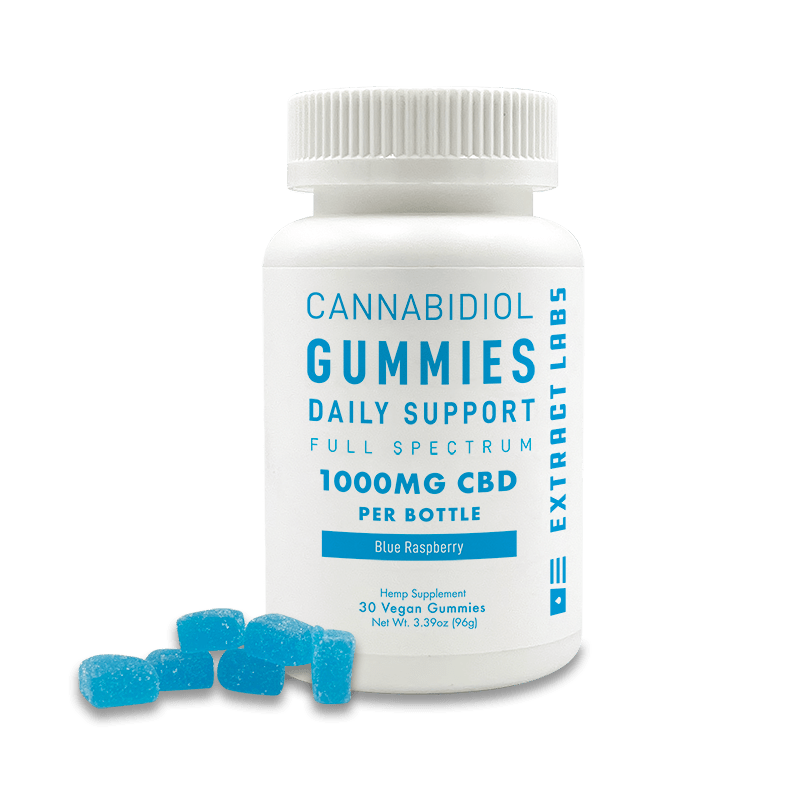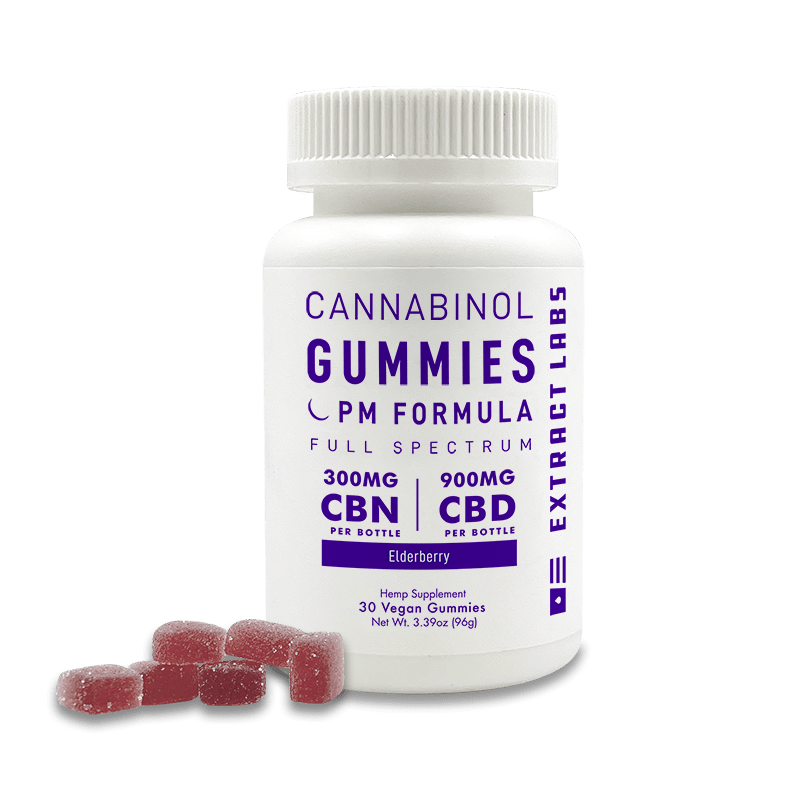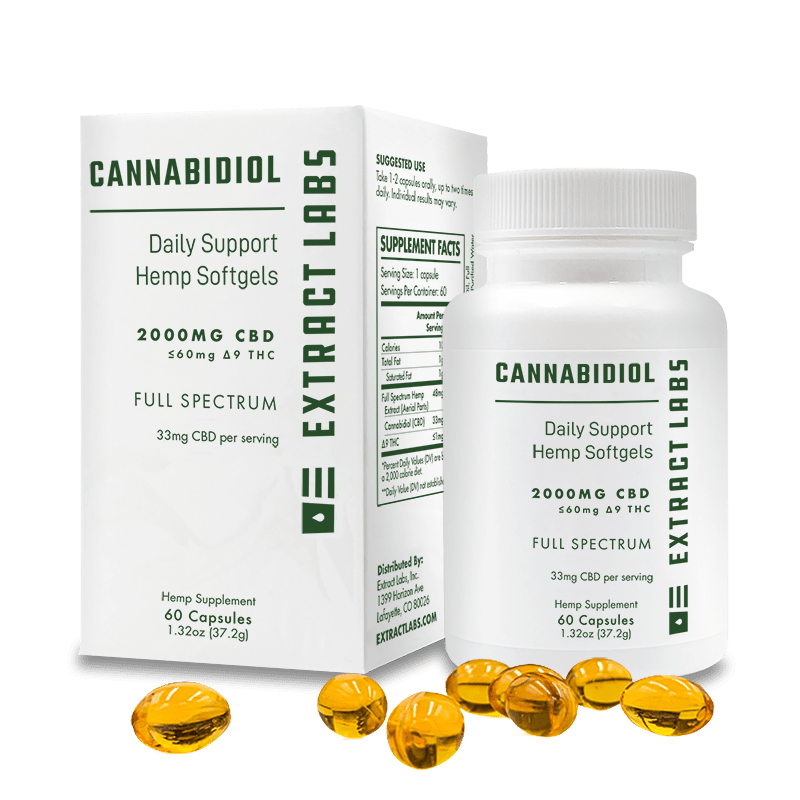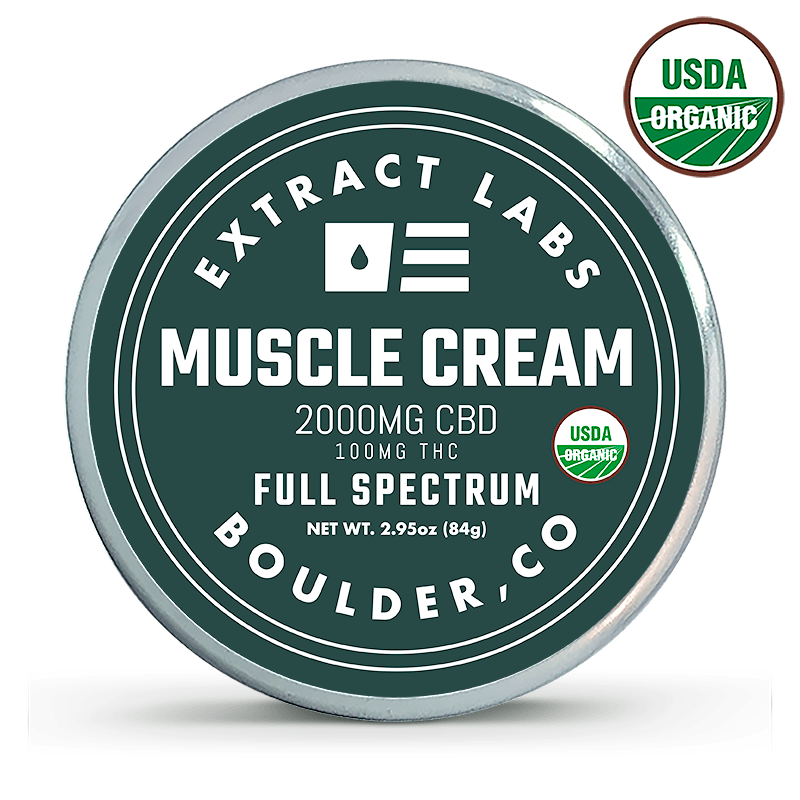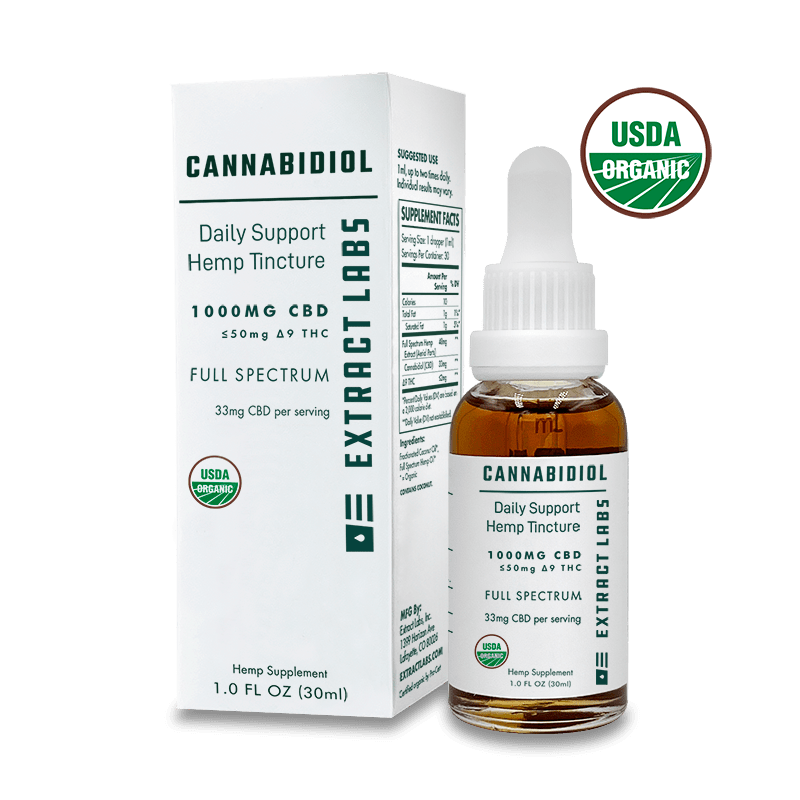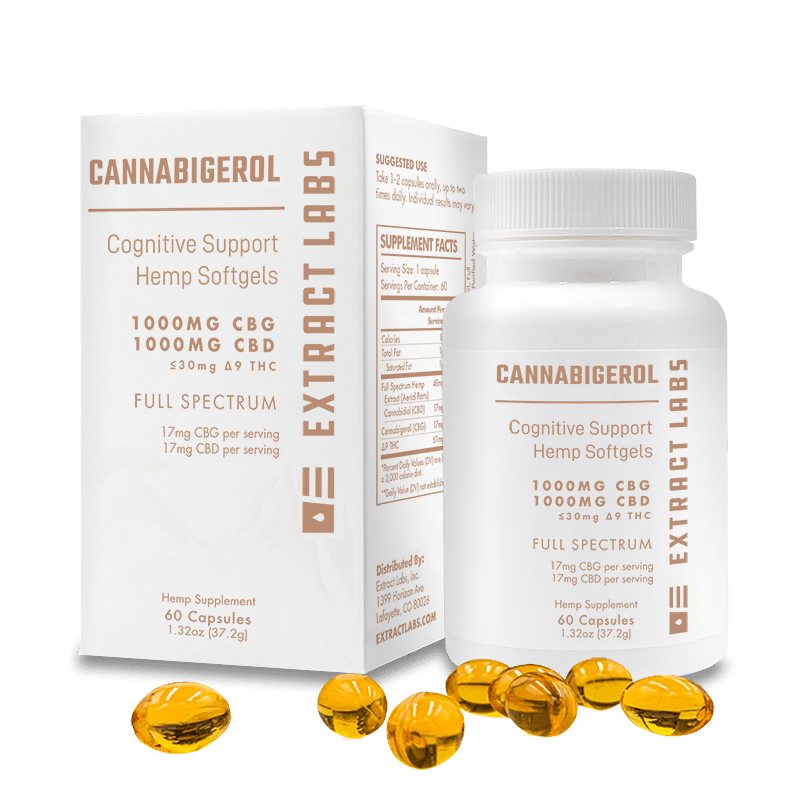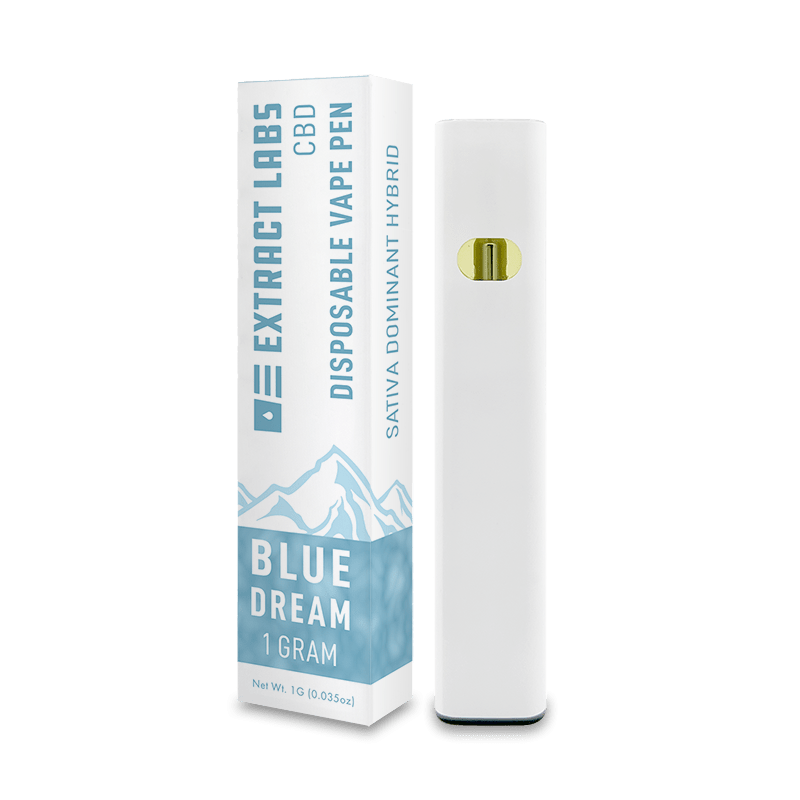Frequently Asked Questions About HHC
HHC, hexahydrocannabinol, is one of over 100 minor cannabinoids found in the hemp plant. HHC is converted from THC.
HHC was first isolated in 1944 by chemist Roger Adams when he added hydrogen molecules to Delta-9 THC.
THC and HHC have very close chemical structure compounds, with HHC having extra hydrogen atoms. In terms of their effects, HHC is considered to be slightly more strong than Delta-9 THC and Delta-8 THC.
The length of time that HHC can be detected in a person's system varies depending on several factors such as amount consumed, frequency of use, and the individual's metabolism. On average, HHC can be detected in urine for 2-20 days, in blood for up to 24 hours, and in hair for up to 90 days.
While the 2018 Farm Bill made CBD products, containing less than 0.3% THC legal, the legality of HHC (& THC) is determined by state laws. Checking your local state laws around HHC may be beneficial before purchasing.
While there is limited research into the benefits of HHC compared to other cannabinoids, early studies have reseached how HHC potentially interacts with cancer cells. As well HHC is shown to have relieving properties and can soothe discomfort and tension.
- Relaxation
- Euphoria
- Increased appetite
- Altered perception of time and space
- Increased socialibility
- Paranoia
- Dry mouth
- Dry and red eyes
- Hunger
- Trouble sleeping
HHC will likely cause you to fail a drug test. While everyone's body chemistry is different and the methods of testing, it is suggested that you exercise caustion using hemp products.
Extract Labs offers two HHC vape products in its lineup. With high-quality, lab-tested ingredients, each vape offers a custom blend of minor cannabinoids that has been optimized for effect of our in-house experts.
What is HHC?
Hexahydrocannabinol, or “HHC,” is one of over 100 minor cannabinoids found in the hemp plant. HHC is a THC relative long-known to science, but until recently not often discussed by cannabis users. As a minor cannabinoid, it occurs naturally in cannabis, but usually in extremely small amounts. Since extraction techniques for HHC are just getting off the ground, it’s still not widely known.
This blog post aims to provide a comprehensive overview of HHC, covering its history, extraction process, comparison with other THC compounds, effects, side effects, detection time, legality, and benefits.
The History of HHC
HHC was first isolated in 1944 by chemist Roger Adams, when he added hydrogen molecules to Delta-9 THC. This process, called hydrogenation, converts THC to hexahydrocannabinol (HHC). Hydrogenation is not limited to the CBD industry. The food industry uses a similar process is used to convert vegetable oil to margarine. While Adams created HHC from conventional marijuana-derived THC, these days the cannabinoid is typically isolated through a process that begins with hemp, the low-THC cousin of marijuana.
Extraction Process of HHC | Is HHC Widely Studied?
Since its discovery, HHC has been the subject of limited research and development, with most of the focus being on other cannabinoids like Delta-9 THC and CBD. However, in recent years, there has been a growing interest in the minor cannabinoids found in the cannabis plant, including HHC. As the industry continues to evolve, it is likely that we will see more research and advancements in the isolation and use of HHC in the future.
HHC is typically extracted from cannabis plants using methods similar to those used to extract THC. The two most common methods for HHC extraction are solvent extraction and mechanical separation.
Solvent extraction involves mixing the plant material with a solvent, such as ethanol or carbon dioxide, to separate the desired compounds from the plant material. The mixture is then evaporated to remove the solvent, leaving behind a concentrated extract containing HHC and other cannabinoids.
Mechanical separation uses mechanical force to separate the trichomes (the small, hair-like structures on the surface of cannabis plants that contain the majority of the plant’s cannabinoids) from the plant material. This can be done through dry-sieving, ice-water separation, or rosin press. The resulting extract is then further processed to remove impurities and isolate the HHC.
It is important to note that HHC is a minor component of cannabis, and because of this, the extractions yield will be low.
In recent years, there has been a growing interest in the minor cannabinoids found in the cannabis plant, including HHC.
How Does HHC Compare to Delta 8 and Delta 9 THC?
In the fascinating realm of cannabis cannabinoids, a question arises: How does HHC stand in comparison to Delta 8 and Delta 9 THC? Exploring the nuances between these compounds promises a deeper understanding of their unique properties and potential effects.
Cannabinoids share common building blocks, including carbon, oxygen, and hydrogen, but their unique chemical structures arise from the arrangement of these components. The primary difference lies in the presence and location of double bonds within their molecular structures.
Delta-9 THC possesses a double bond at the ninth carbon in its central ring structure, while Delta-8 THC has it at the eighth carbon. In contrast, HHC lacks a second bond at either of these locations. These distinctions in the placement of double bonds account for the specific properties and effects of each cannabinoid.
HHC vs Delta 8
Delta-8 THC is a minor cannabinoid with a milder psychoactive effect than Delta-9 THC and HHC. Its potency is generally lower, and effects last 2 to 4 hours, whereas HHC can last around 12 hours.
HHC vs Delta 9
The difference in molecular structure results in HHC’s potency profile to be considered slightly more strong than Delta-9 THC and Delta-8 THC. Additionally, the effects of HHC tend to last a longer period of time, typically 10-12 hours, compared to the 6-8 hour duration of Delta-9 THC.

What Are The Benefits of HHC?
There has been limited research into the benefits of HHC compared to other cannabinoids such as Delta-9 THC or CBD. However, early studies have produced promising research. A 2011 study researched if hexahydrocannabinol (HHC) may potentially interact with cancer cells. Also, Japanese researchers published a paper in e2007 describing HHC’s impressive relief-enhancing capability in mice. While these early studies suggest that HHC may have calming potential, more research is needed to fully understand its benefits and how it can be used in medical treatment.
Featured Products
HHC, D8 & D9
Select your preferred strength and product type from our range, including HHC, Delta 8, and Delta 9.
What Are The Effects of HHC?
Users of HHC have reported feelings of relaxation, euphoria, increased appetite, altered perception of time and space, increased sociability, and more. Some consumers describe experiencing HHC as an extra half-measure than Delta-8 THC and Delta-9 THC, although individual results will vary.
HHC molecules bind to the body’s natural endocannabinoid receptors in a way similar to that of CBG, CBN, and other cannabinoids. This binding is what produces the effects that users experience.
What Are The Side Effects of HHC?
Most of our knowledge about the side effects of HHC is based on limited research and anecdotal reports from users. However, users have reported similar side effects as those commonly associated with Delta-9 THC, such as paranoia, dry mouth, dry and red eyes, hunger, and trouble sleeping.
Like Delta-9 THC, the use of HHC can have a wide range of short-term side effects, including increased appetite, dry mouth, bloodshot eyes, slower reaction times, impaired memory and concentration, and increased heart rate. Long-term, excessive use of THC can lead to addiction and withdrawal symptoms upon cessation, and there may be an association with mental health issues such as depression, anxiety, and psychosis.
It’s important to approach HHC with caution, as with any new cannabinoid, as these compounds can be unpredictable and their effects on humans are not well understood. The use of HHC, especially in high doses, can have a negative impact on cognitive function, especially in young adults, which can be a concern for those who use it recreationally.
Detection Time of HHC | How Long Does HHC Stay in Your Body?
The length of time that HHC can be detected in a person’s system varies depending on several factors such as the amount consumed, frequency of use, and the individual’s metabolism. Factors affecting detection time include the amount of HHC consumed, frequency of use, and individual metabolism. Other factors, such as age, body mass, and overall health, can also play a role in how long HHC stays in the system. Here is a breakdown of average detection times:
Urine for 2-30 days after last use.
Blood for up to 24 hours after last use.
Hair for up to 90 days after last use.
Note, heavy or chronic use can prolong the detection time.

HHC and Drug Tests | Will HHC Result In A Positive Test?
The presence of HHC in drug tests can be influenced by individual body chemistry and the specific testing method employed, leading to varying results. Therefore, it cannot be assured that the use of hemp-derived products will not yield a positive test for HHC. It is advisable to approach hemp product usage with caution, especially if subjected to routine drug testing, as the psychoactive effects of HHC may lead to a positive result. Being mindful of these potential outcomes can help users make informed decisions regarding hemp-based products and their impact on drug testing.
Is HHC Legal? | Legality of HHC
The regulation of HHC in the United States is complex and often considered a controlled substance. Synthetic cannabinoids, including HHC, are often considered controlled substances and possession, sale, or use can lead to legal penalties. However, the future regulation of HHC is expected to resemble that of THC.
The legal status of THC is subject to variations across countries and regions. While in some locations, it is completely legal for both medicinal and recreational use, in others it is strictly prohibited. In the United States, the legality of THC is determined by state laws. Some states have legalized marijuana, including THC, for medical and/or recreational purposes, while others maintain a prohibition on its use.
Is it Likely HHC Will Stay Legal?
HHC, short for hypothetical hallucinogenic compounds, presents a complex legal landscape in the United States. Currently, some states have legalized HHC when it is derived from hemp and contains less than 0.3% THC. This is because the 2018 Farm Bill federally legalized hemp and its derivatives, such as cannabidiol (CBD). However, it is essential to note that when HHC is produced synthetically, it falls under the category of illegal synthetic cannabinoids, which raises concerns about its future legal status.
In Colorado, the state has regulations against “chemically modified” THC isomers, attempting to address potential issues with synthetic substances. However, the wording in such bills can sometimes lead to ambiguity and blurred lines in implementation. This has implications for the legal status of HHC in the state and underscores the challenges of regulating emerging compounds effectively.
As the scientific understanding and public perception of HHC continue to evolve, it is crucial for lawmakers to strike a balance between promoting innovation in the field of hemp-derived compounds while also safeguarding against potential risks associated with synthetic variations.
The everchanging hemp industry is not immune to the challenge of bill wordings, which can sow ambiguity and blur lines of interpretation.
Where Can I Find HHC Products?
Extract Labs offers two HHC vapes in its lineup and we are hoping to extend our HHC product line. Each vape, one tank and one disposable, offers a custom blend of minor cannabinoids that has been optimized for effect by our team of in-house experts. The blend consists of only cannabis-derived terpenes and hemp extracts, with no PG, VG, or other common fillers.
The Ever-Evolving HHC
HHC, or hexahydrocannabinol, is a minor component of cannabis that is typically extracted using methods similar to those used to extract THC. It is considered to have a potency profile more than Delta-8 THC and Delta-9 THC and is reported to have relaxing and euphoric effects that last for 10-12 hours.
While the side effects of HHC are similar to those of Delta-9 THC, including anxiety and paranoia, dry mouth, and increased appetite, its effects on humans are not well understood and more research is needed. HHC can stay in a person’s system for varying amounts of time, with an average detection time of 2-30 days in urine, up to 24 hours in blood, and up to 90 days in hair.
The legality of HHC varies by country and region, and in the United States it is often considered a controlled substance. Extract Labs offers HHC vape cartridges with a custom blend of minor cannabinoids and no fillers.
The benefits of HHC are still being explored, but early studies have produced promising results.However, more research is needed to fully understand the therapeutic potential of HHC.
